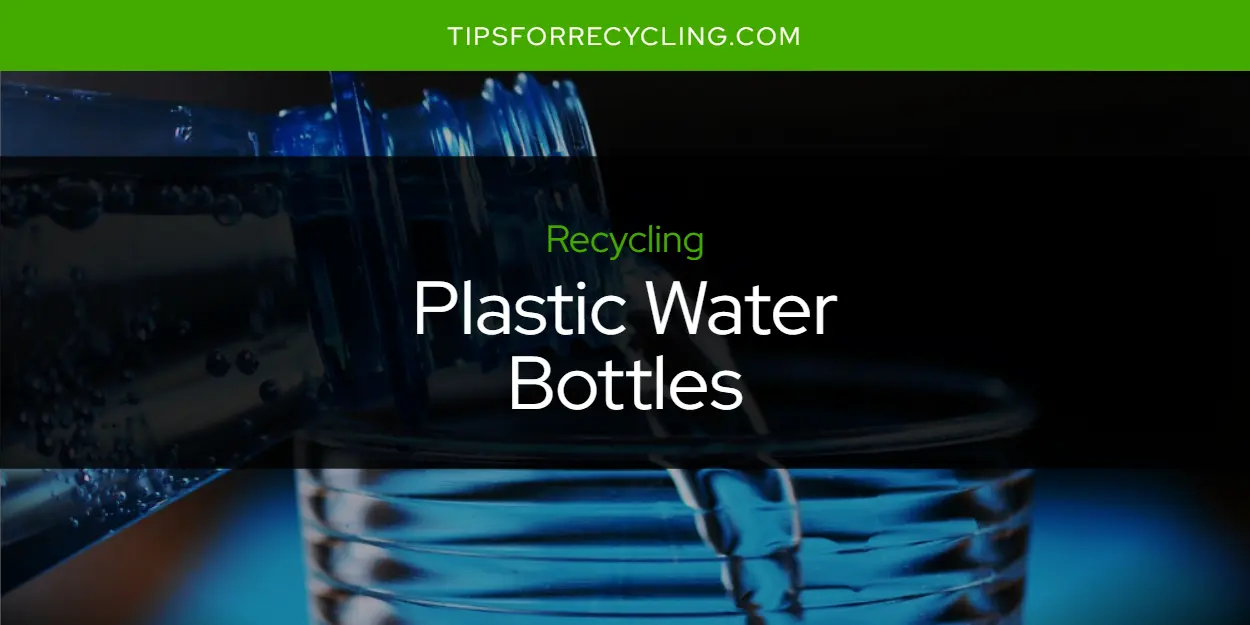Are Plastic Water Bottles Recyclable?

If you’re looking to do your part in preserving the environment and reducing waste, one of the best ways to do so is by recycling plastic water bottles. While plastic is made from petroleum, it can be recycled and used to create a variety of products. But first, it’s important to know if plastic water bottles are recyclable or not.
The good news is that most types of plastic water bottles are indeed recyclable. However, you should check with your local recycling center to make sure they accept these containers and how they prefer them to be prepared for collection.
See the below map for locations where you can recycle plastic water bottles.
Unfortunately, no. It’s not possible to make money by recycling plastic water bottles as they are not worth much on the market. But you can still help preserve resources and protect the environment by recycling these containers instead of throwing them away in the trash.
Similarly, see if you can recycle plastic bottles.
Once recycled, plastic water bottles are processed into pellets or flakes which can then be used to create new products such as fence posts, carpeting, clothing and furniture. This way, we’re able to reduce waste while also extending the life cycle of these materials.
Similarly, see if you can recycle dasani water bottles.
The easiest way to recycle plastic water bottles is to put them in a designated recycling bin or take them directly to a nearby recycling center where they will be collected and processed into new materials. However, you should always check with your local recycling center first as different centers may have different guidelines on how they handle recycled materials.
Similarly, see if you can recycle plastic soda bottles.
Recycling plastic water bottles has many benefits including reducing landfill waste and conserving natural resources such as oil and gas which would otherwise be used for manufacturing new plastics from scratch. By reusing existing plastics we also reduce our overall greenhouse gas emissions as well as our environmental footprint overall! Additionally, we save energy since processing pre-used plastics requires less energy than processing brand-new plastics from scratch.
Similarly, see if you can recycle smart water bottles.
While there are many benefits of recycling plastic water bottles there are also some challenges that come along with it too! One challenge is that some areas may not have access to a local recycling facility or may lack a robust enough infrastructure due to lack of resources like funding or personnel needed for efficient collection operations. Another challenge is that some types of plastics cannot be recycled due to contamination from food residue or other substances which contaminate the material making it difficult for processing facilities to handle effectively without compromising quality standards set forth by governmental agencies regulating their industry operations. Finally, sorting through all the mixed materials found in single stream bins can be very time consuming and labor intensive so finding ways efficiency increase this process remains an ongoing research topic both globally on locally!
Similarly, see if you can recycle metal water bottles.
Q: Are plastic water bottles recyclable?
A: Yes, most types of plastic water bottles are recyclable. However, you should check with your local recycling center to make sure that they accept these containers